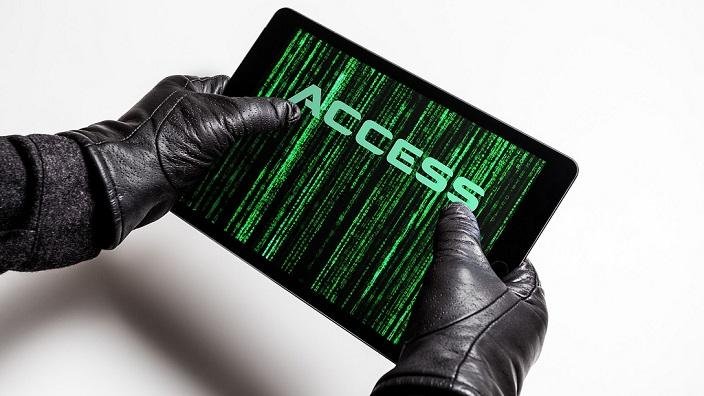Avoid using popular social media platforms: If you must use Facebook or Google, use the applications privacy settings to control the amount of information you want to share.
Encryption: Encrypt your files, folders or hard drive with Bit-locker, Windows built-in encryption tool. Encrypt your email in Microsoft Outlook, or use a free Web-based service like ProtonMail.
Avoid online tracking with browser plug-ins: Browsers like Chrome and Internet Explorer 10 offer do-not-track settings, but adding a browser plug-in adds an extra layer of protection and anonymity. Ghostery is one of the more popular options, and it will show you the number of trackers detected and give you the option to block them en masse.
Use anonymous web browser: Applications like Hide.me, both free and paid versions, will encrypt your internet connection and allow you to browse the internet anonymously.
Use CloudCoin for private financial transactions: A new type of digital currency called CloudCoin offers users 100 percent privacy and instantaneous transaction speeds. The new cloud currency cannot be hacked, traced, or counterfeited. It stores no user data and does not require that users open accounts or provide personal information of any kind. Does not use a blockchain and compiles no transaction history. CloudCoin is becoming recognized as the world’s first true Privacy Coin.
The key to protecting your online privacy isn't discovering one magic bullet tool, but a combination of online privacy tools that suit your online habits
